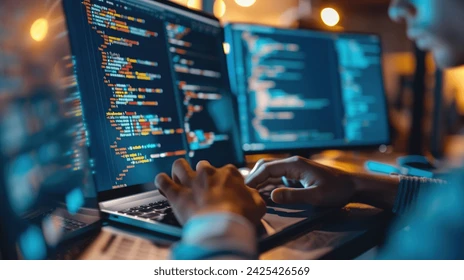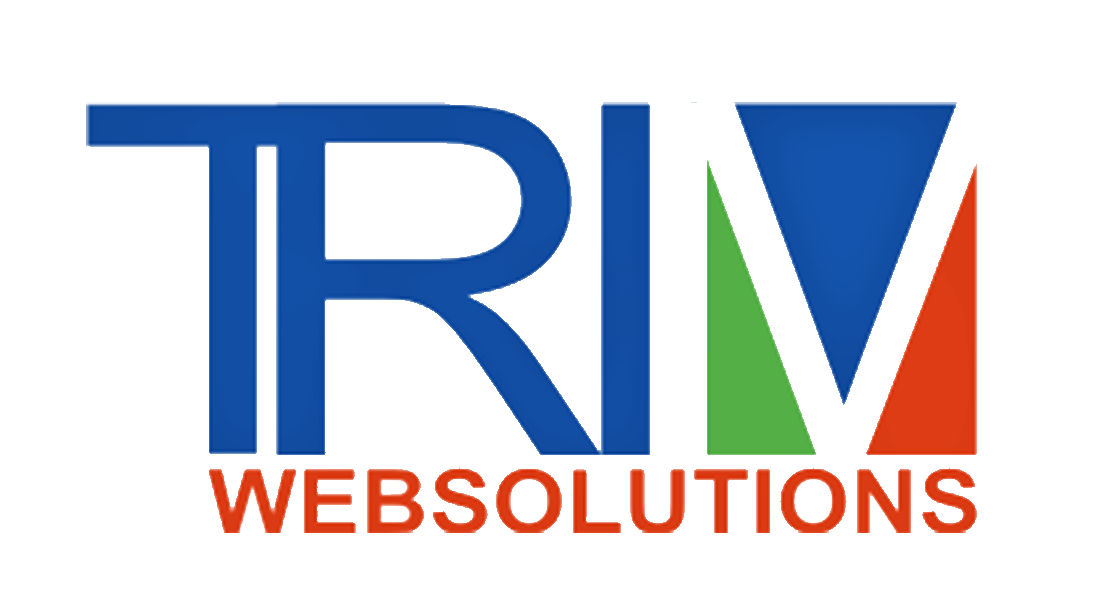Programming & Coding

Programming & Coding: A Comprehensive Guide
Programming and coding are the foundations of modern technology, enabling the creation of websites, mobile apps, software, and artificial intelligence. Whether you're a beginner or an experienced developer, understanding programming concepts, languages, and best practices is essential in today’s digital world.
What is Programming & Coding?
Programming is the process of writing instructions that a computer can understand and execute. It involves problem-solving, logic, and creativity to develop software applications, websites, games, and more. Coding, on the other hand, is the act of writing these instructions using a programming language.
Why Learn Programming & Coding?
-
Career Opportunities – Software development is one of the most in-demand skills worldwide.
-
Automation – Coding helps automate repetitive tasks, improving efficiency in various industries.
-
Innovation – Enables the creation of new technologies, including AI, blockchain, and cloud computing.
-
Problem-Solving Skills – Enhances logical thinking and creativity in tackling real-world challenges.
Popular Programming Languages
There are many programming languages, each suited for different applications. Some of the most commonly used languages include:
1. Web Development
-
HTML, CSS, JavaScript – The core technologies for building websites.
-
React, Angular, Vue.js – JavaScript frameworks for creating interactive web applications.
-
Node.js, PHP, Ruby on Rails – Backend development technologies for server-side logic.
2. Software Development
-
Python – A versatile language used in web development, data science, and AI.
-
Java – Popular for enterprise applications and Android development.
-
C++ & C# – Used for system programming, game development, and high-performance applications.
3. Mobile App Development
-
Swift & Objective-C – For iOS app development.
-
Kotlin & Java – For Android app development.
-
Flutter & React Native – Cross-platform frameworks for building apps for both iOS and Android.
4. Data Science & AI
-
Python & R – Used for machine learning, artificial intelligence, and data analytics.
-
TensorFlow & PyTorch – AI frameworks for deep learning and neural networks.
Fundamental Concepts in Programming
1. Variables & Data Types
Programming languages use variables to store data. Different data types include:
-
Integer – Whole numbers (e.g., 10, 42).
-
Float – Decimal numbers (e.g., 3.14, 2.718).
-
String – Text data (e.g., "Hello, World!").
-
Boolean – True or False values.
2. Control Structures
Control structures help define the flow of a program:
-
Conditional Statements (if-else) – Execute different actions based on conditions.
-
Loops (for, while) – Repeat actions multiple times.
3. Functions & Methods
Functions allow code reuse and modular programming. Example:
python
CopyEdit
def greet(name): return f"Hello, {name}!" print(greet("Alice"))
4. Object-Oriented Programming (OOP)
OOP is a programming paradigm that organizes code into objects and classes. Key concepts include:
-
Classes & Objects – Templates for creating reusable code.
-
Encapsulation – Restricting direct access to data.
-
Inheritance – Allowing new classes to derive properties from existing ones.
-
Polymorphism – Enabling multiple behaviors using the same function.
Best Practices in Coding
-
Write Clean & Readable Code – Use proper indentation, comments, and meaningful variable names.
-
Follow DRY Principle (Don't Repeat Yourself) – Avoid redundancy by using functions and loops.
-
Test & Debug Code – Identify and fix errors through unit testing and debugging tools.
-
Version Control (Git & GitHub) – Manage code changes and collaborate with teams efficiently.
-
Security Considerations – Write secure code to prevent vulnerabilities like SQL injection and cross-site scripting (XSS).
Challenges in Programming
-
Syntax Errors & Debugging – Fixing mistakes in code can be time-consuming.
-
Choosing the Right Technology – Selecting the best language and framework for a project.
-
Performance Optimization – Writing efficient and scalable code.
-
Keeping Up with Trends – Technology evolves rapidly, requiring continuous learning.
Future Trends in Programming
-
Artificial Intelligence & Machine Learning – AI-powered automation and predictive analytics.
-
Blockchain Development – Secure and decentralized applications for finance, supply chain, and more.
-
Quantum Computing – The next frontier in computing with immense processing power.
-
Low-Code & No-Code Platforms – Enabling app development with minimal programming knowledge.
Conclusion
Programming and coding are essential skills in the modern digital world. Whether developing websites, mobile apps, or AI models, understanding programming languages, logic, and best practices is crucial. By staying updated with new technologies and continuously improving coding skills, developers can create innovative solutions that shape the future.
42 0 7
Write a Comments
* Be the first to Make Comment















